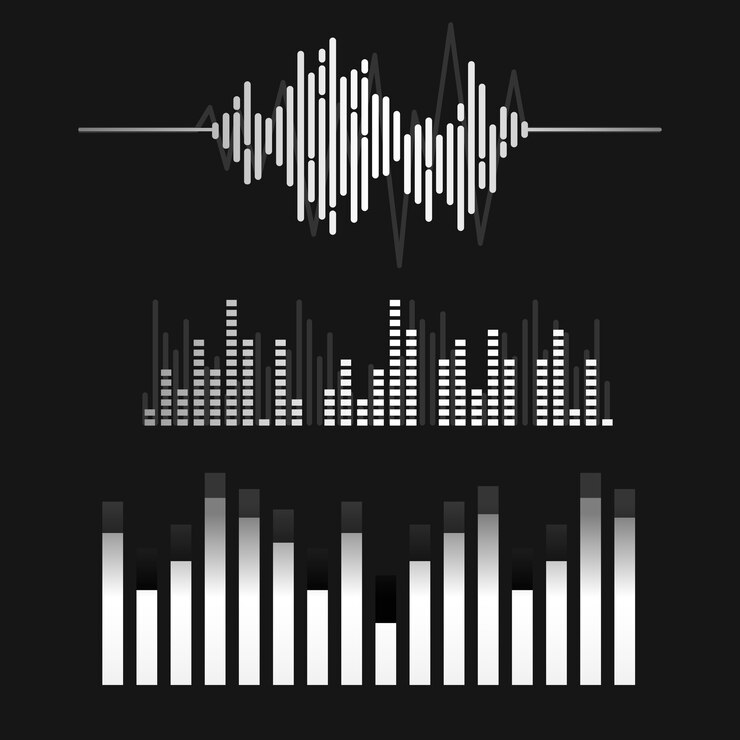In the world of forex trading, selecting the right trading account can significantly impact your trading experience and overall success. Read More
With various account types available, ranging from standard accounts to micro-lot accounts, it’s essential to choose one that aligns with your experience level, risk tolerance, and trading goals. In this guide, we’ll explore the different types of trading accounts and provide insights into selecting the right one for your needs.
Understanding Different Trading Account Types:
- Standard Accounts: Standard accounts are suitable for experienced traders who are comfortable trading larger volumes. These accounts typically require a higher initial deposit and offer tighter spreads compared to other account types. Standard accounts allow traders to execute trades in standard lot sizes, which represent 100,000 units of the base currency.
- Mini Accounts: Mini accounts, also known as mini-lot accounts, are designed for traders with limited capital or those who prefer smaller trade sizes. These accounts require a lower initial deposit and allow traders to trade in mini lot sizes, which represent 10,000 units of the base currency. Mini accounts offer flexibility and lower entry barriers for beginner traders.
- Micro Accounts: Micro accounts cater to novice traders or those who wish to trade with minimal risk. These accounts require a significantly lower initial deposit and allow traders to trade in micro lot sizes, which represent 1,000 units of the base currency. Micro accounts provide an excellent platform for learning the ropes of forex trading without exposing significant capital.
- Demo Accounts: While not a live trading account per se, demo accounts play a crucial role in the learning process. Demo accounts simulate real market conditions using virtual funds, allowing traders to practice their strategies, familiarize themselves with the trading platform, and gain confidence before transitioning to live trading.
Factors to Consider When Choosing a Trading Account:
- Experience Level: Consider your level of experience in forex trading. Experienced traders may opt for standard accounts, while beginners may start with mini or micro accounts to mitigate risk.
- Risk Tolerance: Assess your risk tolerance and comfort level with trading capital. If you’re risk-averse, a micro account may be more suitable, whereas if you’re comfortable with higher risk, a standard account may be appropriate.
- Trading Goals: Define your trading goals and objectives. If you’re aiming for consistent growth with minimal risk, a micro account may align with your goals. Alternatively, if you’re seeking higher returns and are willing to accept higher risk, a standard account may be more suitable.
Selecting the Right Trading Account:
- Evaluate Account Features: Compare the features and benefits offered by different trading accounts, including minimum deposit requirements, leverage options, and trading conditions.
- Assess Trading Costs: Consider the cost of trading, including spreads, commissions, and overnight financing charges. Choose an account with competitive pricing that aligns with your trading style and budget.
- Test the Waters: If you’re unsure which account type is right for you, consider opening a demo account to explore different trading conditions and practice your strategies before committing real capital.
- Seek Expert Advice: If you’re still uncertain, seek guidance from experienced traders or financial advisors who can provide personalized recommendations based on your individual circumstances and goals.
Conclusion:
Selecting the right trading account is a critical decision that can significantly impact your forex trading journey. By understanding the different types of trading accounts and considering factors such as experience level, risk tolerance, and trading goals, you can make an informed decision that sets you up for success in the dynamic world of forex trading. Whether you opt for a standard, mini, or micro account, choosing a trading account that suits your needs is the first step towards achieving your financial goals.

